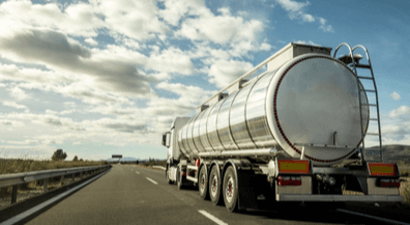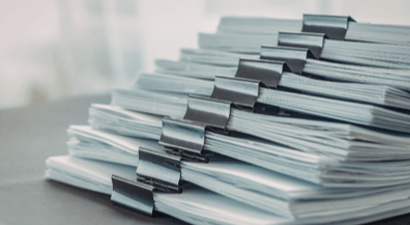Proposed Updates to the Existing Customs Legislation
The major talking point within the South African Customs environment was the recent promulgation of the Customs Control Act, 2014 and Customs Duty Act, 2014 ("the Acts") by parliament. There remains a lot of work outstanding before the Acts can be fully implemented and SARS are currently conducting extensive work surrounding the drafting of the Rules to the Acts and have published several batches for comment.
The first phase of implementation is expected to "go live" in 2016 and will deal with Registration and Licensing. In terms of Section 931 and 933 of the Customs Control Act, an existing customs license and registration lapses 30 days after the "effective date", unless the holder of that registration before the expiry thereof has submitted an application to the customs authority for a new registration. If the holder of the customs registration or license applies for a new license before the expiry, then the existing registration and license will continue until dispensed with. The "effective date" for commencement remains to be determined by the President.
In addition, the National Treasury recently published the Taxation Laws Amendment Bill and Draft Tax Administration Law Amendment Bill, 2015 ("the Bills") for public comment (by 24 August 2015), which provide for the necessary legislative amendments required to implement the majority of the tax proposals that were announced in the 2015 Budget Speech on 25 February 2015. The Bills propose numerous amendments to the relevant Tax and Customs Acts and were brought about by the need to update the current taxation regime to close gaps and loop holes. However, most of the amendments are of an administrative nature and impact mainly on the Income Tax Act, 1949 and Tax Administration Act, 2011.
The following is the relevant amendment to the Customs and Excise Act, 1964 as per the Taxation Laws Amendment Bill, 2015:
- Section 20 is amended by the insertion of a new subsection to harmonize the fuel levy treatment of imported and locally manufactured fuel levy goods. To this end, where fuel levy goods are imported and not removed to a customs and excise manufacturing warehouse, those goods must after due entry for warehousing, be offloaded into a licensed customs and excise storage warehouse. Where imported fuel levy goods become mixed with locally produced fuel levy goods during transport, the duty paid on those goods is not refundable, where it otherwise would have been in terms of the Act.
The following are the proposed amendments to the Customs and Excise Act, 1964 as per the Draft Tax Administration Law Amendment Bill, 2015:
- Section 4 is amended to make provision for the use of "any mechanical, electrical, imaging or electric equipment that can produce an indication that the person may be concealing any specific thing or substance in his or her body, sniffer dogs or other animals trained to use their senses for the detection of any specific thing or substance or any other search aids as may be prescribed by rule". The officer concerned must be trained in the use of the aid;
- Section 27 is amended to differentiate between locally and imported goods that are used in an excise manufacturing warehouse. Locally produced goods, which are dutiable under the Excise Duty Act, 1964, must be entered for home consumption, whereas imported goods must be cleared for home use in terms of the Customs Control Act, 2014; and
- Section 99 is amended to increase the prescription period for the liability of an agent for obligations imposed on a principal, from 2 (two) years to 3 (three) years in order to align it with the general prescription period, as set out in the Prescription Act, 1969.
As is evident, the South African customs environment is evolving at a rapid pace and companies are urged to keep abreast of developments.





